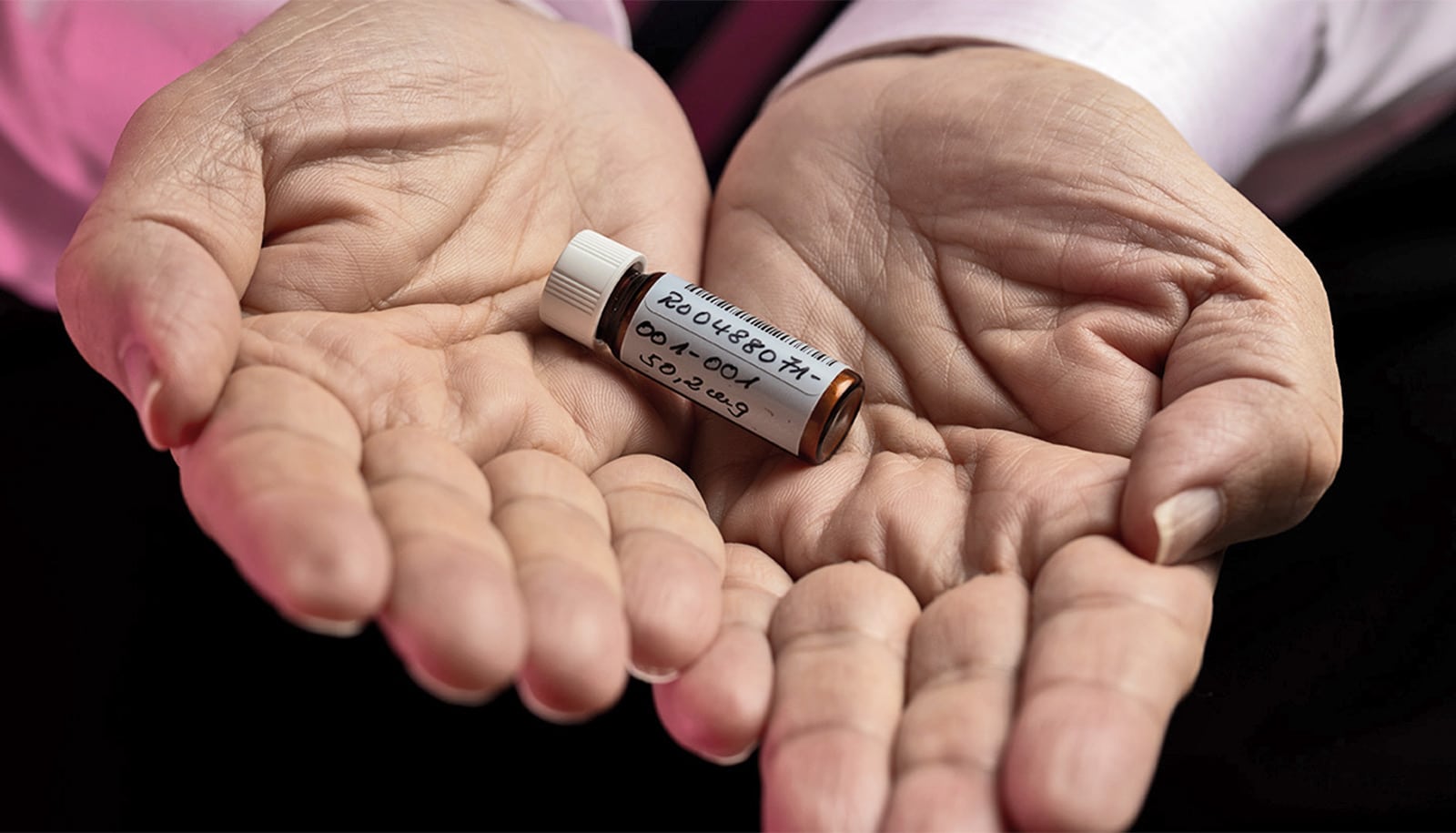Researchers have identified a drug that kills triple negative breast cancer cells and stops the formation of blood vessels that tumors need to grow.
Triple negative breast cancer (TNBC) makes up about 15% of all breast cancer cases worldwide.
It’s particularly hard to treat because it lacks the three common receptors that most therapies target. As a result, most TNBC patients undergo high doses of non-targeted chemotherapy, which often leads to severe side effects such as hair loss, nausea, and pain.
The spread of TNBC cells to other organs, such as the brain or lungs, is the main cause of death in patients.
A recent study offers a new approach to treating TNBC: targeting cholesterol synthesis.
Salman Hyder, a professor in the University of Missouri’s College of Veterinary Medicine, led the study with Yayun Liang, an investigator in the College of Veterinary Medicine. Together, they found that a cholesterol biosynthesis inhibitor known as an RO compound can target a specific enzyme in those with TNBC.
Not only does the RO compound kill tumor cells, but it also prevents the formation of blood vessels needed for cancer tumors to continue growing.
“Cancer cells can replicate very rapidly and become a tumor, but they need cholesterol,” Hyder says.
“A lot of energy is required for this process, and mitochondria involved in energy production require cholesterol biosynthesis because both tumor cells and mitochondria need membranes to be reproduced over and over again.”
Hyder’s lab is the first to show that the RO compound can be an effective cholesterol biosynthesis inhibitor for those with TNBC, potentially paving the way for human clinical trials to eventually offer an alternative to traditional chemotherapy and its painful side effects.
“Our ultimate goal is to make life better for those who are suffering from this disease by offering a less toxic alternative to chemotherapy,” says Hyder, the Zalk Endowed Professor in Tumor Angiogenesis.
“My entire career has been spent researching breast cancer. Since no drug had been found that specifically targets TNBC, I have been on a mission to find a solution, and this new finding is very promising.”
The researchers presented their work recently at the annual Endocrine Society meeting in Boston.
The research will appear in the Journal of Endocrine Society.
Source: University of Missouri



